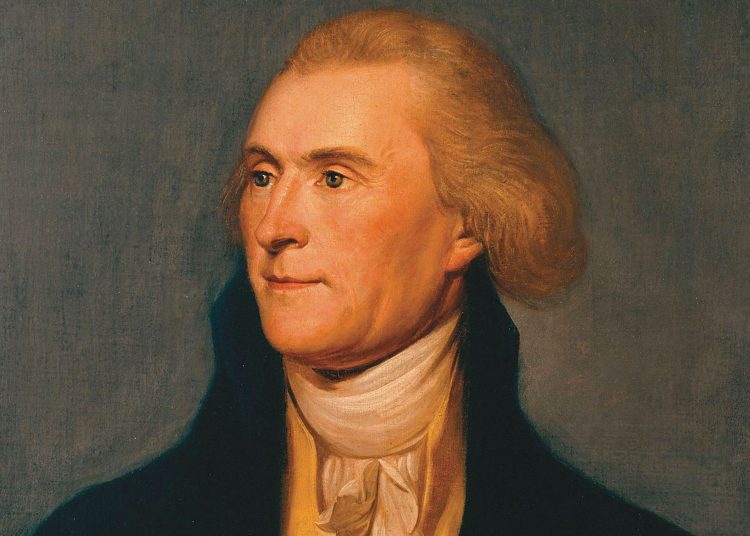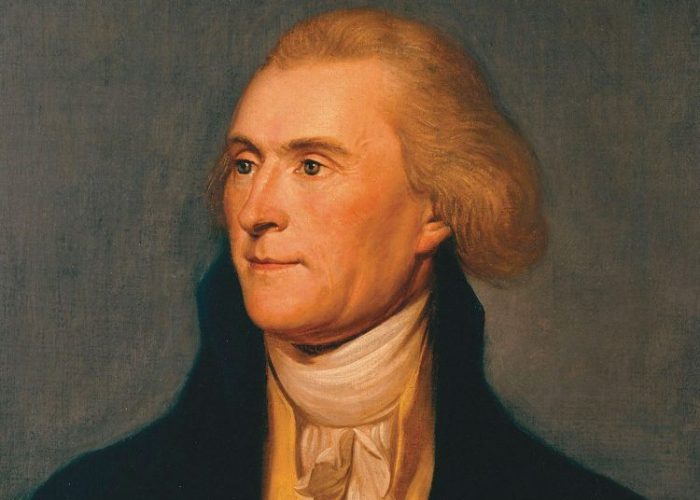
If the statue of Thomas Jefferson must be removed from the City Hall Chambers because of his history of slave ownership, they should replace it with a bronze plaque and this sentence attributed to him.
“We hold these truths to be self-evident, that all men are created equal, that they are endowed by their Creator with certain unalienable rights, that among these are life, liberty and the pursuit of happiness.”
Now there are those that say Jefferson didn’t mean Black slaves when he wrote “all men are created equal” in the Declaration of Independence, but it’s the context of that statement that matters most: That every American, regardless of skin color, has the right to live free and independent.
What makes this sentence one of the best ever written in the English language is that it’s aspirational – something to always try to live up to as difficult as that may be. It embodies the American dream and what we stand for as a nation.
Another great living sentence of aspiration involving the American dream was written by Dr. Martin Luther King: “I have a dream that my four little children will one day live in a nation where they will not be judged by the color of their skin but by the content of their character.”
Like Jefferson’s sentence, it remains above contemporary thought as an ideal to always work towards. We still have a long way to go in fulfilling both Jefferson’s vision of all having unalienable rights, and King’s dream of every American being judged by their character, and nothing else.
It is now funny in a sad way to hold this sentence to the sun in the age of identity politics, but its aspirational truth is self-evident.
Now, I for one, do not wish to make Black Americans feel uneasy about having a bust of a notorious slaveholder in the City Council chambers. If removing it helps with the long-overdue healing process, so be it.
But I urge those that want the Jefferson statue removed to consider how far we’ve come as we journey forward on the aspirations of the American dream — to not throw the baby out with the bathwater in what appears to be a zero-sum game.
All human beings are products of their times — and the things that occurred in one time of history may be abhorrent to the present day. Even the best individuals in any period of history have sinned, some grievously, and we’re left to reconcile the good with the wicked.
Should we judge Jefferson’s legacy by his aspirations that helped shape the defining document of our country — or by the reality of his existence? This is the question before us all, and one worth great deliberation.
In the end, all of us must make this judgment while continuing to nobly advance the mission of fulfilling the ideals set out in the Declaration of Independence — to ensure, as Abraham Lincoln said in Gettysburg, “that this nation, under God, shall have a new birth of freedom — and that government of the people, by the people, for the people shall not perish from the Earth.”














